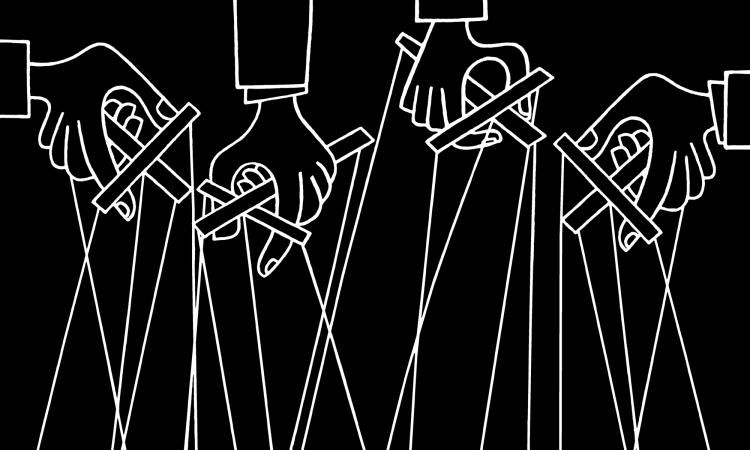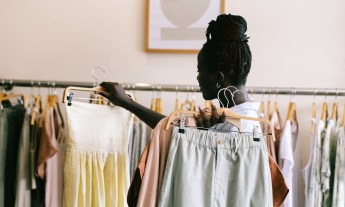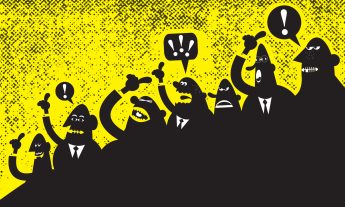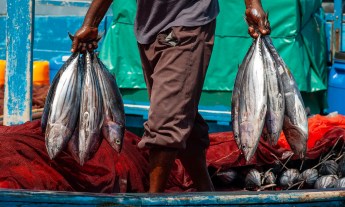
“Hard choices are precious opportunities to celebrate the human condition,” says philosopher Ruth Chang. It’s through hard choices that we become the unique people that we are.
It’s an interesting proposal, but it’s one that raises a big question for me: what about people who don’t have the opportunity to make hard choices? Faced with the threat of violence, or unhealthy environments, or overreaching governmental or corporate power, many people do not live in truly free conditions. For them, life is shaped by decisions made by other people — and they have little agency to change these structures.
Puppeteers and artists living in New Delhi’s celebrated Kathputli artist colony are being forced out of their homes by the government to make way for luxury high-rise buildings. Their beautiful protests have been unsuccessful, and the construction team broke ground in February 2014. After much resistance, they ultimately “chose” to sign away the rights to their homes. But did they have any other choice?
Male students at Harper High School on Chicago’s South Side have little choice but to affiliate themselves with one of the 15 gangs that rule the school. To remain neutral would be to risk threats and harassment on the walk to school each day — even Chicago police offers admit that this is not an option. (These are not empty threats — 29 current and recent students were shot in a single year.) How much agency do these students wield when the hard decision is which gang to choose?
Coal miners in West Virginia work under steadily worsening conditions — because that’s where the jobs are. Cases of black lung have quadrupled in the area since the 1980s, thanks to weakened regulations on the industry and, in some cases, fraudulent reporting of data. Sure, the miners could choose a point where conditions are too bad to endure, uproot their families and move away, but that seems beyond the parameters of Chang’s “hard choices.”
Perhaps these three scenarios lie beyond the limits of practical reason that Chang outlines in her talk. The individuals in these cases are not choosing between two available options; they’re living out the consequences of a decision made for them by someone else.
Which raises the question: If hard choices offer us a special opportunity to create our character, personality and identity, then doesn’t the denial of choice foster dehumanization?
This raises more questions: How do we start to fix this? Is it the responsibility of the free to create the conditions for liberty for all? Hard choices are an opportunity to celebrate the human condition — let’s make conditions under which all humans can rule their own lives.
[ted id=2023]











